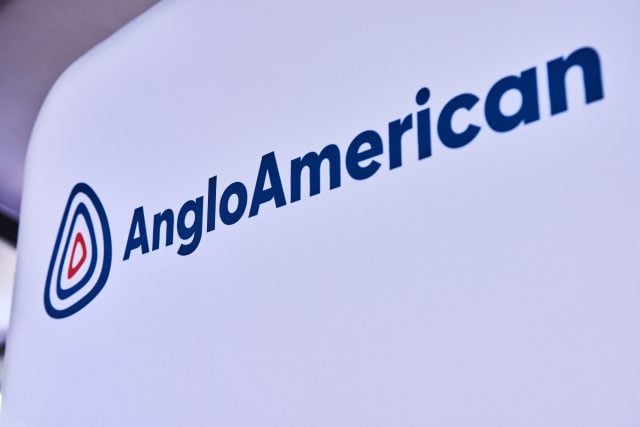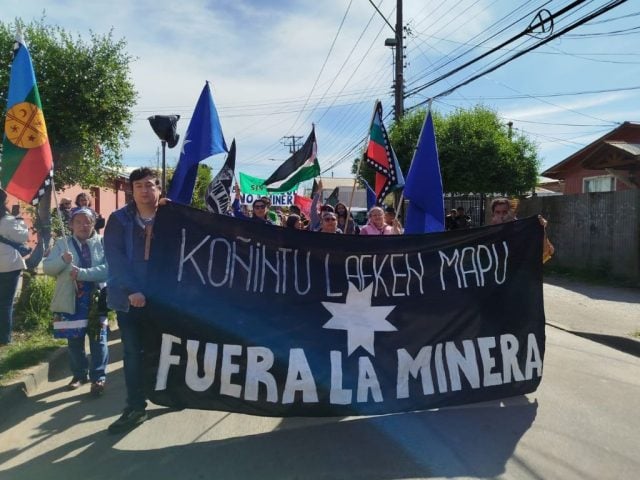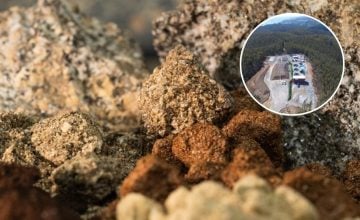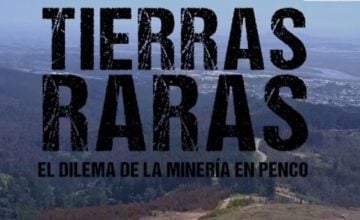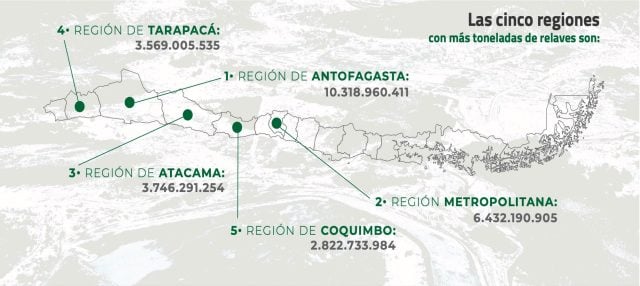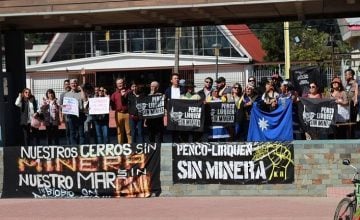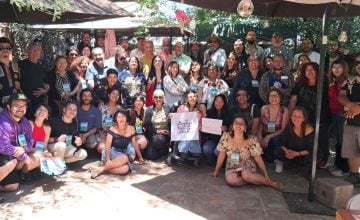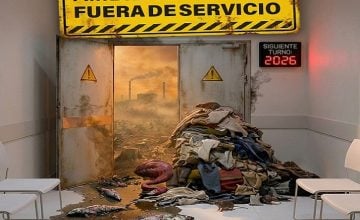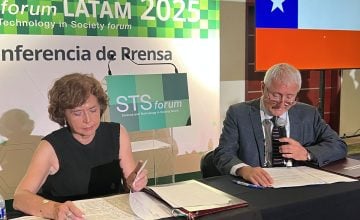Original article: Anglo American busca la certificación de IRMA mientras amedrenta a dirigentes y evade regulaciones ambientales
As Anglo American progresses toward obtaining the IRMA (Initiative for Responsible Mining Assurance) certification, various organizations and communities are raising concerns about the contradictions between the company’s history and the principles that this standard aims to uphold.
Allegations of environmental damage, lack of transparency, intimidation of local leaders, and technical omissions in high-risk projects cast doubt on the consistency, independence, and credibility of any potential certification.
A «Responsible Mining» Certification Under Threat of Losing Credibility
IRMA emerged as a global initiative to promote responsible mining, emphasizing respect for human rights, transparency, meaningful community participation, and environmental protection. Obtaining this certification should reflect a commitment to sustainability and sound socio-environmental practices.
However, in the case of Anglo American, which manages the Los Bronces Integrated project located in the municipalities of Lo Barnechea and Colina, actions taken on the ground reveal a pattern of regulatory evasion, misinformation manipulation, and technical omissions that contradict several pillars of this standard.
Anglo American has publicly claimed that the Los Bronces Integrated project will use desalinated water for its operations, aiming to project an image of sustainability. However, this water is intended for the Las Tórtolas tailings facility, located in Colina, where waste from the Lo Barnechea mine will be deposited.
To operate the tailings facility, a pipeline from the Quintero-Puchuncaví industrial zone crosses the El Roble Priority Conservation Area, a protected area under Article 11, Letter D, of Law 19.300 on General Environmental Bases. Despite this, the project is proceeding without a comprehensive Environmental Impact Study (EIS) that assesses the ecological and social effects of the operation.
The project also lacks an independent international Dam Safety Review (DSR), despite involving the removal of 48 million tons of mining waste. This absence is critical, given that specific analyses concerning the structural response of the dam to high-magnitude seismic events are not included, nor are numerical models or failure simulations that could determine stability considering the age of the dam and the associated risks.
The omission of the precautionary principle is especially alarming as the project lies near the San Ramón Fault, an active geological fault acknowledged by institutions such as CITRID and the Geology Department of the University of Chile, which indicate a potential seismic magnitude of between Mw 7.1 and 7.5, a magnitude sufficient to cause catastrophic failures in structures not designed to withstand them.
Anglo American’s sustainability narrative contrasts sharply with a lengthy list of technical observations, administrative appeals, and public criticisms. The company has frequently been criticized for fragmenting its projects to evade more rigorous environmental evaluations and for downplaying the impact on glaciers and water sources in the high Andes of the Metropolitan and Valparaíso regions.
According to Cristóbal Rodríguez, national spokesperson for Modatima, “this strategy of fragmentation not only weakens the assessment of cumulative impacts but also violates the spirit of the Environmental Impact Assessment System (SEIA) and the integrity and transparency principles that IRMA demands from certified mining operations.”
Social Conflicts and Intimidation of Leaders
Meanwhile, communities and organizations in Lo Barnechea, Colina, and Tiltil have reported pressures, misinformation campaigns, and harassment of local leaders opposing the project. In this regard, Rodríguez states, “this information has been provided to IRMA, so a favorable certification for the company would occur with these unfortunate facts on the table.”
These concerns are echoed by Eduardo Pérez from the NGO Investiga Colina, who, aside from participating in the interviews conducted by IRMA in Chile, mentions that “the certification process raises many doubts for us; however, we believe it is important to participate and provide the necessary data for an audit that considers the perspectives of organizations and communities.”
These events directly contradict IRMA’s standards, which demand social dialogue processes “free from coercion or intimidation” and mechanisms for informed participation.
Claudia Peña, a member of the Council of Civil Society Organizations (Cosoc) of Lo Barnechea, states, “instead of fostering trust-building, Anglo American has deepened distrust in the territories where they operate with practices we consider far from responsible mining.”
Labor Conditions and Internal Complaints
In addition to the environmental and social impacts, the aforementioned organizations have included reports and inspections regarding unsafe labor conditions at Anglo American’s operations in Chile.
According to information available to IRMA, workers have reported deficiencies in industrial safety measures and inadequate protection against operational risks, underscoring the gap between the corporate discourse of “responsible mining” and the reality of their on-ground management.
A Risk to IRMA’s Credibility
IRMA’s principles are clear: transparency, regulatory compliance, respect for human rights, ecosystem protection, and labor safety. Certifying a company with such issues not only contradicts these principles but also threatens to turn this and other certifications into tools of “greenwashing.”
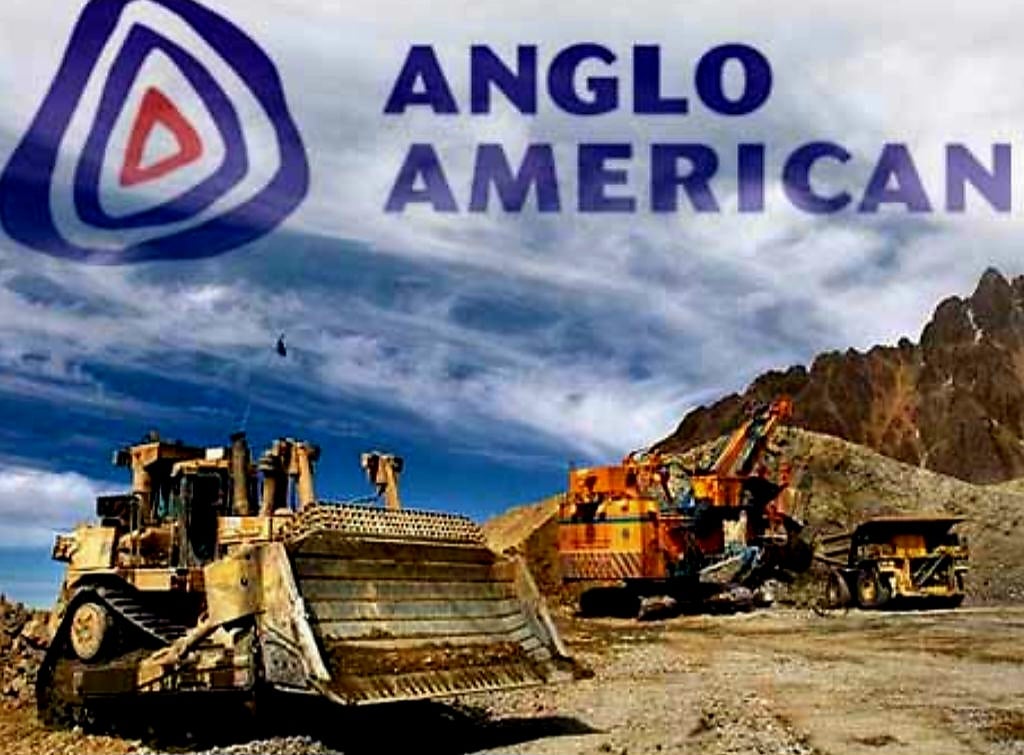
El Ciudadano
